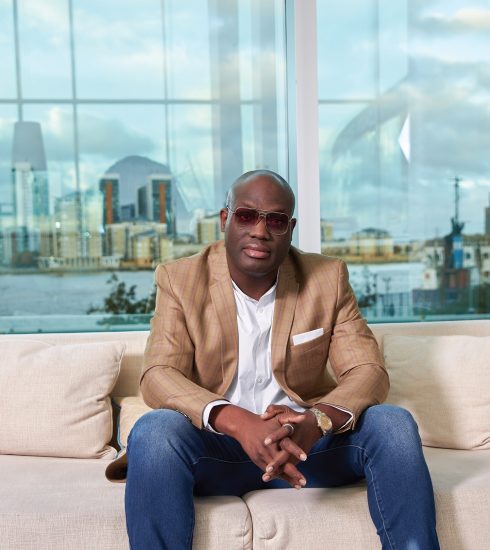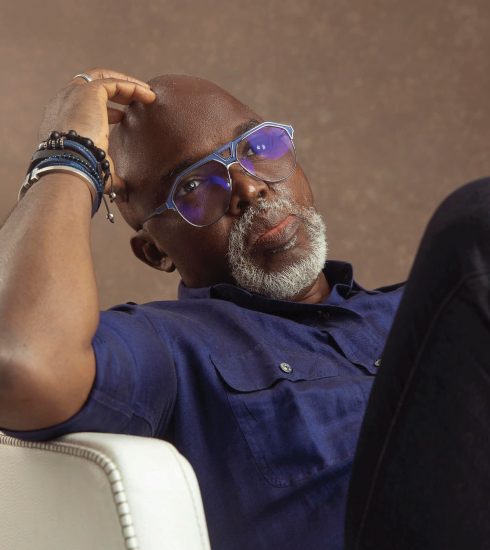2023: A New Dawn… And It’s Looking Good
A couple of years ago, the pandemic hit. With absolutely no preparation on how to stop the virus that ravaged and ultimately brought the entire world to a halt, we were all forced into a lockdown. It was a tough year for everyone.
Last year was when we began to open back up, and even though we had to navigate around variants and mutations, we made it work as best as we could. This was our new normal and we can only look forward.
Despite the gloomy clouds formed concerning the uncertainties of the COVID-19 pandemic, nationwide insecurity, and the overall hardship that plagues the country still, there are several glimmers of hope littered across several sectors of our beloved country.
The year 2022 has a lot in store. For Nigerians, optimism is plentiful; the realisation that at whatever level we are on right now as a people, the potentials are very promising and we can only get better. Whether in the beauty industry where made-in-Nigeria brands are looking to attain global recognition and patronage or in movies where cinemas are aiming to recover from the low box office turnouts of the past two years. Unlike the movie industry, music has produced record-high numbers thanks to streaming platforms. The year promises to double up that number due to the consistent integration of Tiktok in our daily social media adventures. In tech, the year is looking like the perfect one for digital art creators who can now auction off their works online in the form of NFTs – a testament to how much times have changed. For journalism, freedom of the press looks like an agenda that could experience recognisable growth.
To get a sense of what businesses envisage for 2022, the DOWNTOWN team spoke to prominent people from different sectors about their hopes for their different industries.
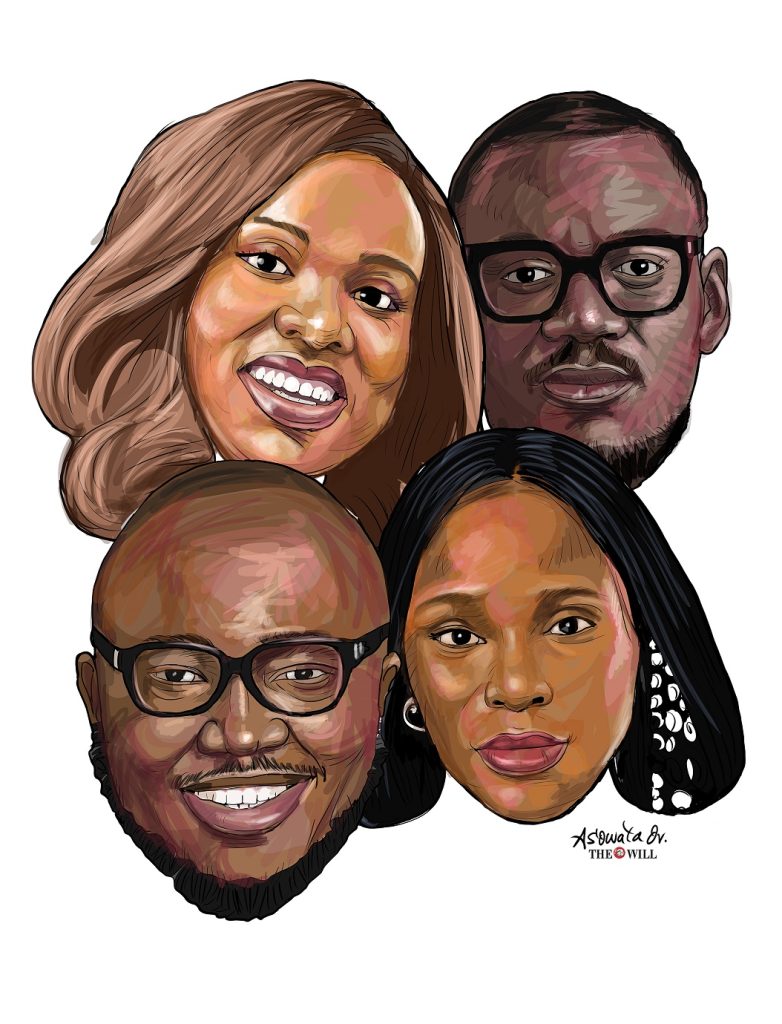
Cover Image Illustration: Victor Asowata | Graphics Effects: Sunny Hughes ‘Sunza’
BEAUTY
An enabling past decade of inventing and complementing the opulent bridal fashion scene has positioned Nigeria’s beauty and personal care industry for the transition it is about to launch into by the hopeful year. In this year 2022, inspired creative directors and cosmetics brands are imagining the expansion of the range to reach beyond the African continent. Now that the hurdle of perfecting their care products to check the box of resourcefulness is out of the way, local brands are looking to compete on a global scale. It is about fine-tuning their offerings to have a focus that echoes with diverse audiences they are involved with, especially black women. Like Zaron Cosmetics is doing. The way founder and Chief Executive Officer Oke Maduewesi pictures it, although the trouble of exchange rate inflation lingers on, her company’s ever-innovative personality and resilience will soon see the launching of a new line of products by the first quarter. It is in order with the drive to experience fascinating worlds.
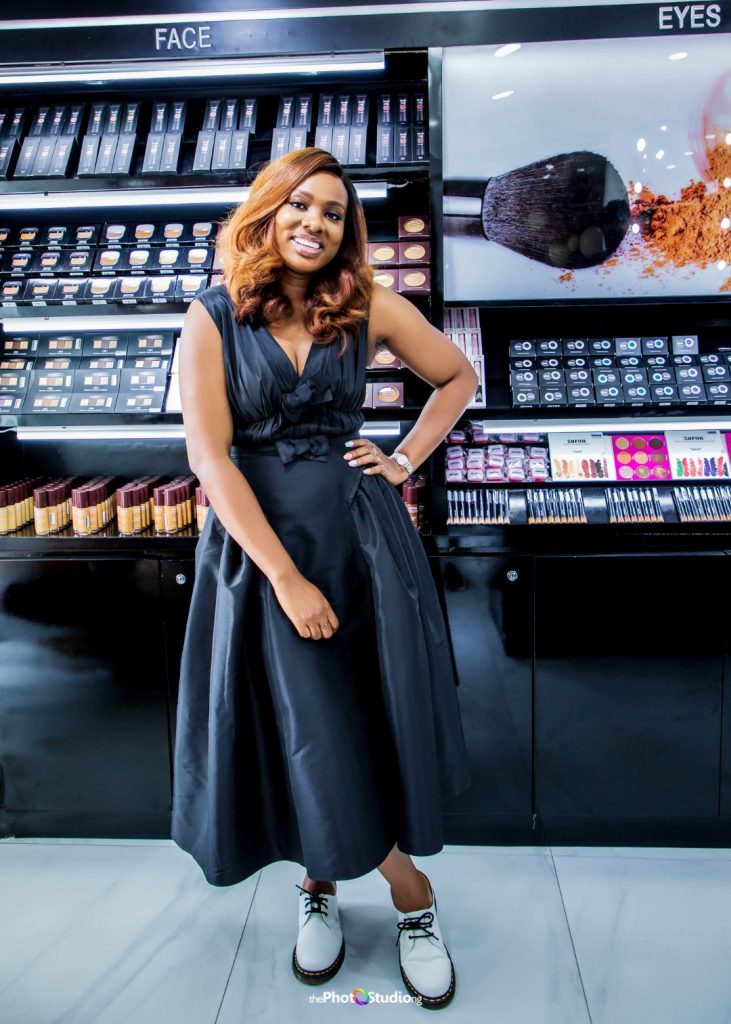
Oke Maduewesi
“Every year, I just want to be positive. First of all, is seeing the light in the darkness. Much more than ever before, I think we are seeing the end of COVID. Working from that perspective, we know what we have to do with our lives. The most important part is how do you prepare for the unexpected? Are there comfortable strategies? People no matter their experiences always have to remember the opportunities that Nigeria holds regardless of the problems we have.
I always say that I will always want to be the biggest, boldest, and fastestgrowing beauty brand in Africa – that has always been my slogan. Nigeria is the place to be because we are the market that keeps growing in terms of population. Our population is cash right there because you have to feed, cloth, and beautify them – the traffic is unbelievable. We are keeping with our strategic session in January, and just see how we can own our market as Africans. We have to own our market and believe that we can deliver much more than foreigners. Being able to scale to other foreign markets and have new markets that we are looking to launch by the grace of God in the half quarter of 2022.
We are looking forward to that – how we can instigate foreign exchange to capture the foreign market. It is about seeing opportunities in other markets and also producing the right products for our economy and people. Our target is women of colour. At the forefront of everything we do, the woman of colour is key and important. We plan to increase our product range and just keep delivering. But most importantly, improving the product offering that we have for women of colour.”
TECH AND MEDIA
Whenever we talk about technology, we often emphasize the fintech apps that have simplified our everyday financial transactions, we don’t tell a lot of our tech stories as we ought to.
“No one has taken the time to document. It takes time and everyone is building. Also, journalism is really expensive. People who normally should do it can’t, the people who are doing it are too busy making history. They can’t go recording the history they are making, they will look like douches,” former DOWNTOWN cover personality and serial tech entrepreneur, Iyinoluwa Aboyeji said when asked why Nigeria’s technology history isn’t properly documented. The intersection of tech and media was non-existent at some point.
Technology in Nigeria has seen steady long-overdue growth. In between creating solutions to make living as seamless as possible and convincing Nigerians to embrace it, keeping people updated on the latest happenings within the tech stratosphere is just as important. But the inventors aren’t going to do that part of the job and that is where tech and media intersect.
One publication house stands right in the middle of the tech and media intersection– Big Cabal Media, parent company to popular technology resource platform Tech Cabal, and youth-centric progressive digital magazine, Zikoko. DOWNTOWN spoke to Big Cabal Media’s CEO, Tomiwa Aladekomo to get a perspective on tech prospects in 2022. When asked what the sector hopes for, in terms of business and growth, this year, he said, “2021 revealed Africa’s tech and media industry opportunities to a number of international investors and players, resulting in an investment boom that’s setting the scene for a very active 2022.
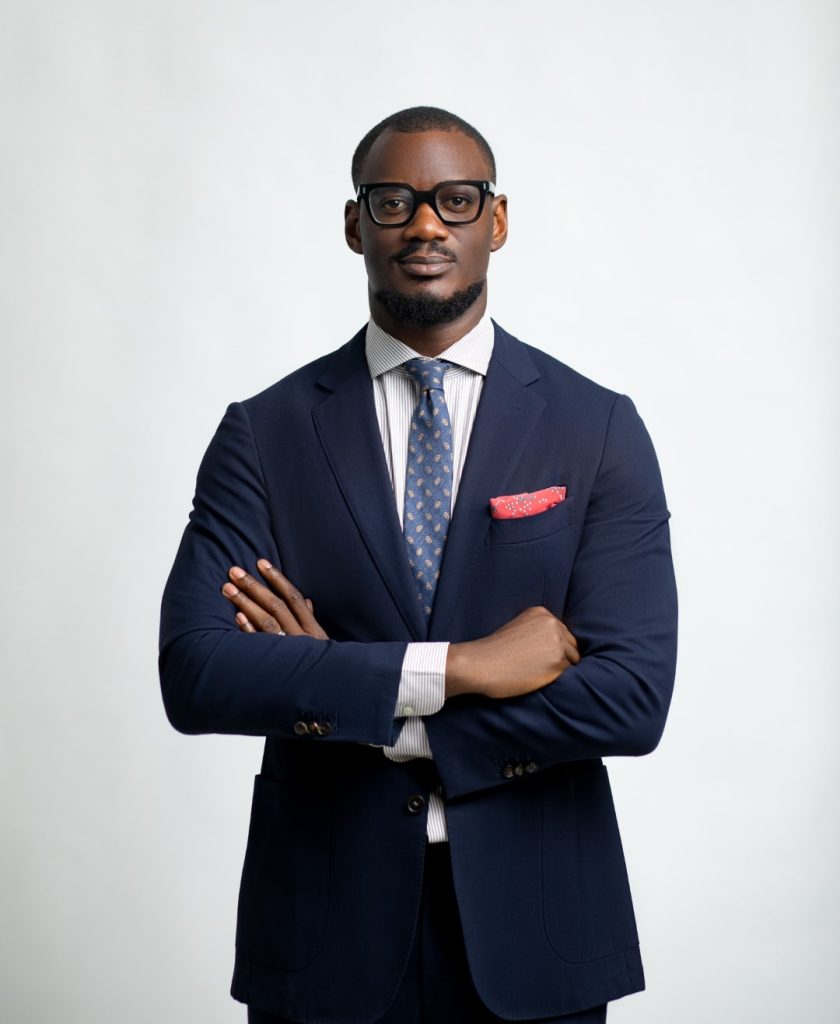
Tomiwa Aladekomo
Beyond the big fintech deals, there is a lot of capital going into other technology subsectors and operators attempting to solve new problems and build products for greatly underserved markets.
So we expect to see a wealth of new experiments and really interesting startups working on varied problems. As the number of people who have worked in well-funded and aggressively run startups grow, we also expect to see the impact of more experienced founders start to show.
For a media business sitting at the heart of Africa’s tech ecosystem and Nigeria’s youth culture, it’s the most exciting time possible. We’re growing robustly, doubling down on our investments in technology, original video content, and building out our brands across platforms and formats.”
FASHION
The fashion industry thrives during busy periods. When the pandemic hit in 2020, events were either postponed or cancelled as we were all forced to reckon with what has now become the new normal–lockdowns, social distancing, and safety precautions.
Last year, however, saw a promising upward trend of fashion shows as the country began to open back up. From the Lagos Fashion Week in Lagos, Nigeria to the Arise Fashion Week in Dubai, UAE, it was as though the fashion industry had been starving for years—every fashion house understood the assignment to the letter.
With still a lot of work to be done on the economic front, the fashion industry possesses an enormous creative potential and there’s no telling just how big it could be if we get things right. To discuss what the new year has in store in the fashion scene, DOWNTOWN spoke to globally acclaimed designer, Lisa Folawiyo, founder and Creative Director of Jewel By Lisa, The J Label, and Pretty Precious.
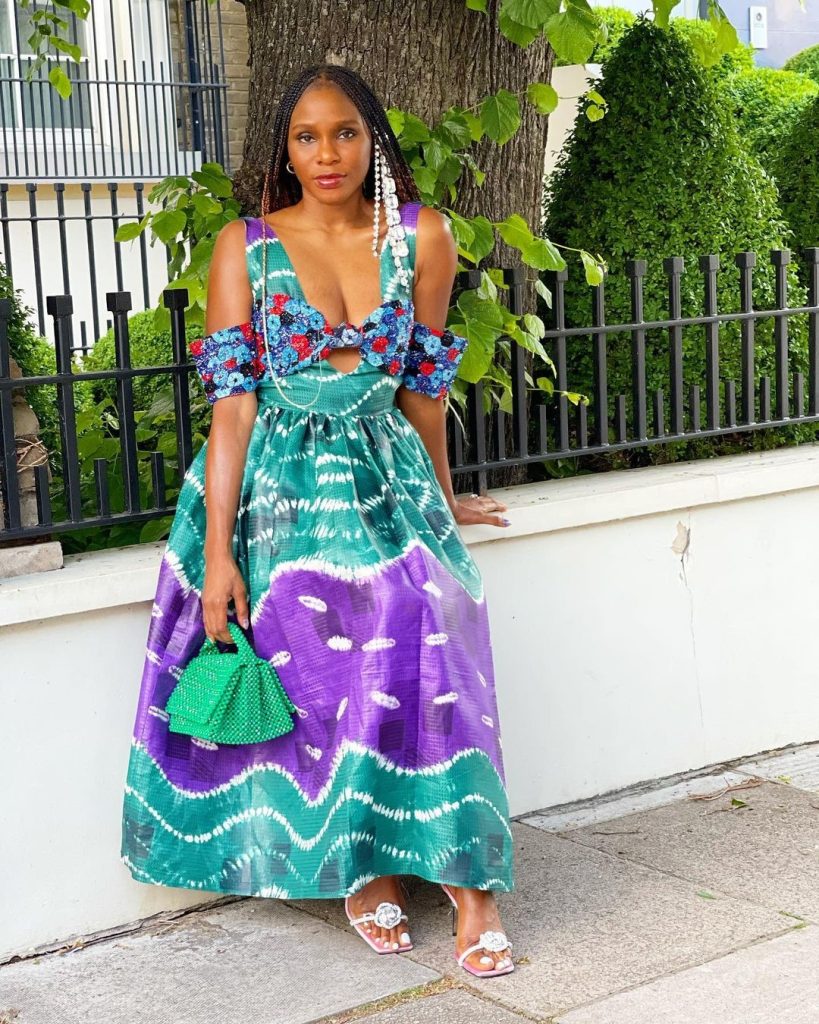
Lisa Folawiyo
When asked what her expectations for 2022 are, she replied, “After the last couple of years of economic uncertainty felt very acutely by the fashion industry, my hope for 2022 is that not only designers, but the entire chain of production, will benefit from more governmental intervention, participation, and support in the form of grants, trade concessions, tax exemptions, infrastructural development, etc, that will encourage a most enabling environment to work within and hopefully see
NFTs
Almost everyone in 2021 couldn’t help but talk about Bitcoin this, and cryptocurrency that. This coin investment made everyone who didn’t hop on the trend seem like they didn’t know what to do with money. There was a general “fear of missing out” —which is actually a crypto term— among people who didn’t have the stomach to put their hard-earned naira into a blockchain.
It’s the year 2022 and we’re sorry to be the bearers of bad news but this conversation is only going to get louder. Cryptocurrency has been around for more than seven years now and although Nigeria and her coww mpatriots just turned on its channel—give or take— two years ago, it will most likely stay on it. So we advise you to surrender to it, learn about it and make or lose money. It’s up to you.
Cryptocurrencies are digital money that’s decentralized and based on blockchain technology, many of which are familiar to you, such as Bitcoin and Ethereum. However, there are more than 5,000 different types of cryptocurrencies available. Essentially, a blockchain is an open, disseminated ledger that records transactions in code. Think of it as a chequebook that’s distributed across millions of computers around the world. There’s no bank, no head office to complain, just your crypto wallet, where all your coins are stored.
We saw one of the apps we cannot live without and have grown to love to undergo a rebranding in the third quarter of last year. Facebook, where we all liked, poked, and shared mutuals, became Meta. There was some confusion surrounding the overhaul, and everyone had the same question in their minds: “What is Meta?” The vision of the change was to shift from sliding into DMs via texts to sliding into DMs virtually via the Metaverse.
The metaverse is described by Wikipedia as a persistent, online, three-dimensional virtual world accessible by conventional computers and virtual and augmented reality headsets.
You can party, shop in digital stores, buy digital real estate, attend digital auctions, etc., just to name a few. Imagine The Sims but with excessive amounts of money injected into it.
Cue non-fungible tokens or NFTs. They are digital assets kept in a public ledger on a blockchain, a network of computers that keeps track of transactions. Anyone can view the ledger to check the NFT’s authenticity and ownership. As a result, unlike most digital items which can easily be copied endlessly, every NFT has a unique digital signature, which means it is unique. Cryptocurrencies or dollars are usually used to buy NFT, which is stored on the blockchain and can be viewed by anyone, but only the buyer has the status of being the official owner.
In the metaverse, NFTs are the currencies of choice and the potential for its growth has been seen by different fashion houses. Various parts of the Decentraland (a 3D virtual reality platform containing 90,601 parcels of land) have already been acquired by luxury brands including Louis Vuitton, Gucci, and Burberry, which have already entered the metaverse via NFTs. Numerous celebrities, both domestically and abroad, have already taken part in the metaverse. DOWNTOWN cover star and actor Chinedu Ikedieze took advantage of the trend by creating a non-fungible token based on his film character, Aki.
Iyobosa Rehoboth “Prodigeezy” is an NFT digital artist and he had this to say when asked about what to expect in terms of the progression of the NFTs this year.
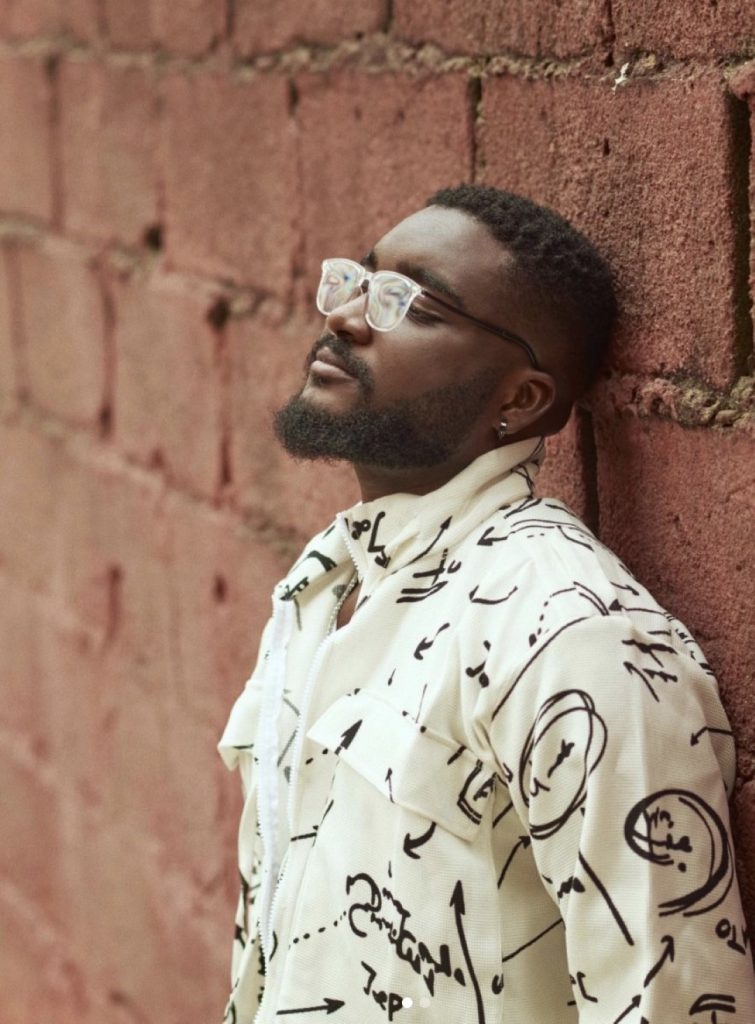
Iyobosa Rehoboth “Prodigeezy”
“The metaverse is still in its infancy and I predict that adoption of the technology will pick up a few notches in 2022. Meta has also announced haptic gloves and there have been rumours of Apple releasing a VR headset. This would mean that, if the designs work out like what we’ve seen, we’ve solved the long-term problem of developing a consumer- and designer-friendly XR product that enables more presence in the virtual world — the presence here refers to the senses of sight, sound, and touch. This is an innovation I
MUSIC
The music industry has gained a reputation as Nigeria’s biggest export over the years. This is as a result of technology evolution in the form of streaming – it is very seamless now for art to travel across borders and our music, over every other art form, has enjoyed that in abundance.
The Nigerian music scene keeps getting better exponentially, there are limitless possibilities for how big it kicking off with the now-postponed 64th annual Grammy awards. A record five Nigerian artists will compete against each other in two separate categories: ‘best global music performance’ and ‘best global music album.’ From Wizkid’s globally acclaimed Made In Lagos album, Femi and Imade Kuti’s contemporary Legacy+ project, to Burna Boy’s formidable relationship with the legendary Angelique Kidjo, Nigerians are now becoming a regular at the most prestigious music award in the universe. However, not a lot of people understand the music business in all of its glamour, evolution, and most importantly, data.
To get a sense of what the future holds for afrobeats in terms of data, DOWNTOWN spoke with award-winning music journalist, podcaster, and African music commentator, Joey Akan, who has worked closely with some of the stakeholders as he dutifully reports in his newsletter, Afrobeats Intelligence.
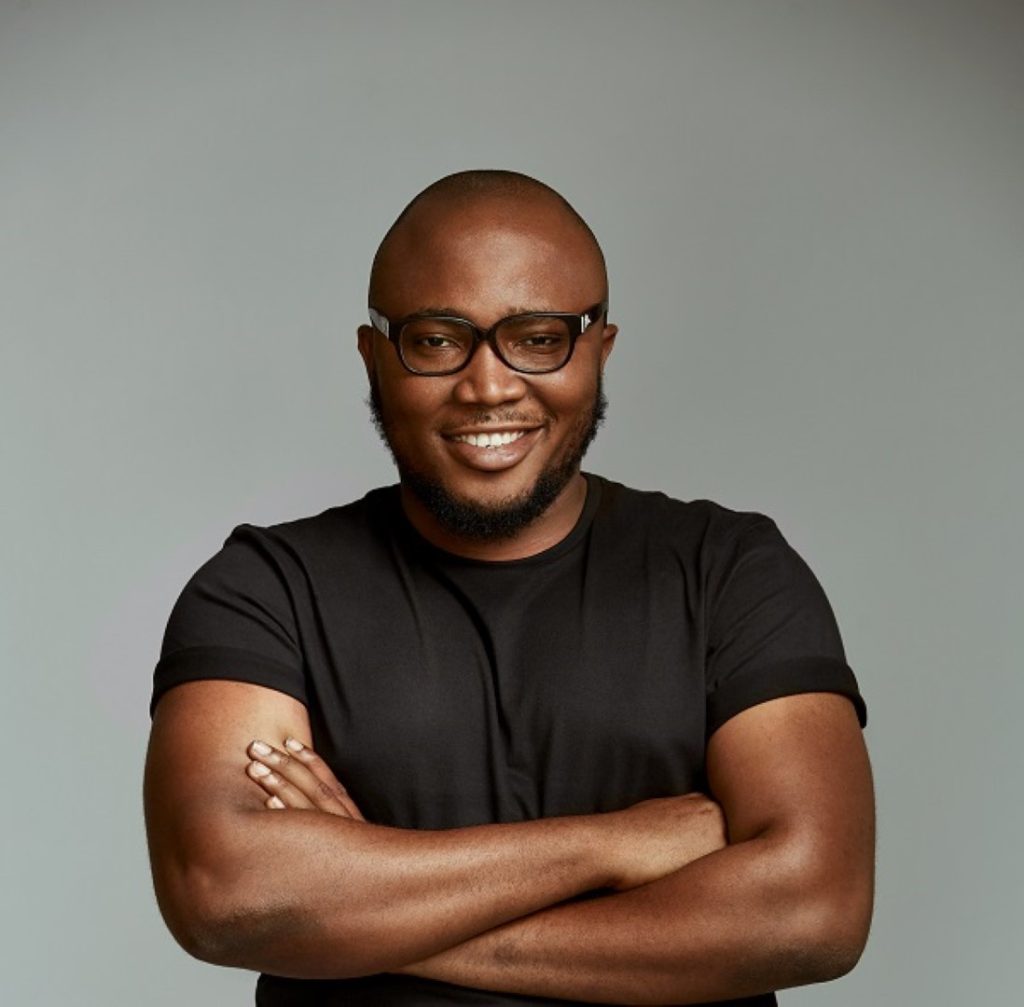
Joey Akan
In a year where we’ve seen songs blow up from Tiktok and go-ahead to take the world by storm, steadily reinforcing just how much difference the numbers aspect of this business makes, we asked Joey the impact the app is going to have on song promotions this year. He replied, “Tiktok has always been big, especially in the United States. Last year, however, Nigerians hopped on it and we all saw how influential it was in terms of its ability to make songs go viral.”
He continued, “this year, expect it to become even bigger. Labels know better now to invest heavily in it. And it can only get bigger from there. Tiktok might end up being the biggest marketing platform this year.”
MOVIE
The COVID-19 Pandemic took a lot out of Nigerians and amongst the most hit industries was Nollywood.
The vibrant, highly productive industry ground to an absolute halt as no one could meet to film or view any movies in the cinemas. In 2021, efforts were made to recoup some of the losses, all to varying results. Earlier in the year, films like Prophetess and Eyimofe were amongst some of the more popular films. Towards the end of the year, releases like Aki and PawPaw and Christmas in Miami were amongst the headlining acts of the theatrical holiday season.
2021 was also the year Netflix really made its most sizeable move into Nollywood. Almost every week new releases were pushed onto the site and onto the screens of millions of Nigerians. Of these, King of Boys II: The Return of The King was the most significant. A serialised sequel to a theatrical release is a rather uncommon concept in this part of the world and in pulling it off Kemi Adetiba, the cast and the crew achieved something special. The film was the talk of the town for numerous weeks and drew many new subscribers to Netflix. In DOWNTOWN’s interview with actor Titi Kuti earlier this year, he had this to say about Netflix and its impact on Nollywood: “I think it’s a very welcome development. Netflix has become a platform with a global audience.
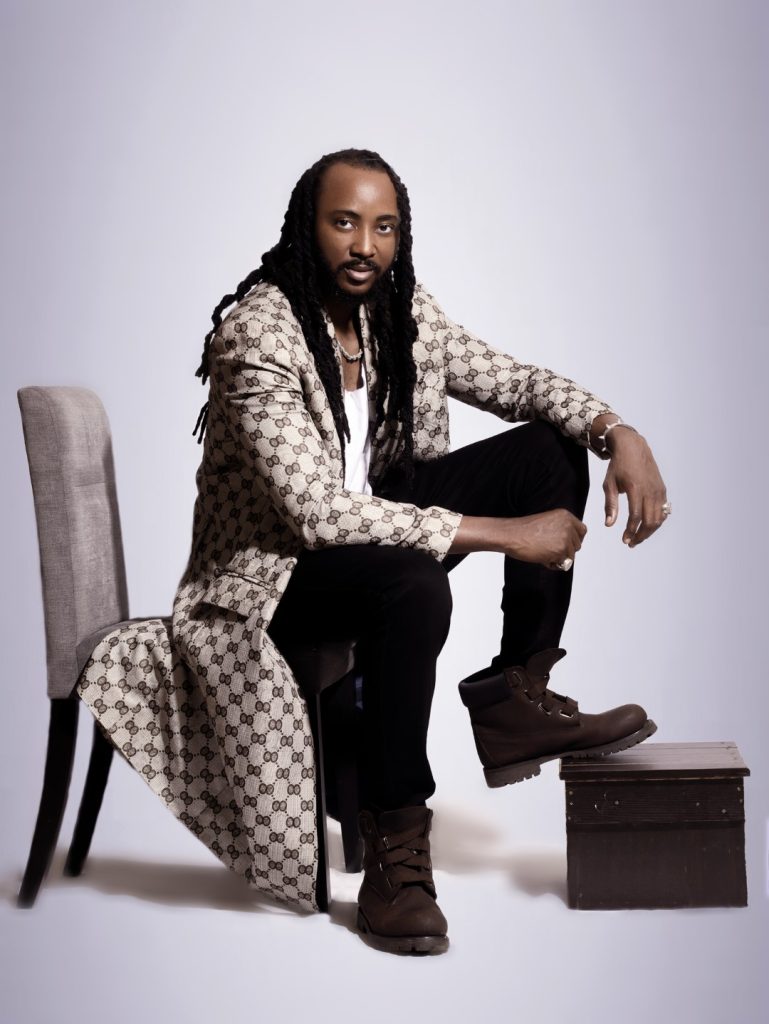
Titi Kuti
For you to become an international act, you need various platforms that provide different alternatives. The fact that Netflix is here does not stop cinemas from making their money. Platforms like Netflix have quickly identified the traction they have gained in Nigeria and are seeking to leverage that. Nigerian actors are now getting put front and centre. I saw Sola Sobowale in the same graphic as Idris Elba. That is how you globalise the industry, with alternative platforms.” Regrettably, we also lost a number of actors this year. Veteran Nollywood Yoruba comic actor, Baba Suwe whose real name is Babatunde Omidina, died on 22nd November 2021. Nollywood legend, Rachel Oniga passed away in July 2021 at the age of 64. Victor Olaotan died in August 2021. The talented Nollywood actor was known for his lead character in the popular television series, Tinsel. Karibi Fubara passed away in late 2021. Fubara rose to prominence after starring in Bodunrin Sasore’s 2015 romantic drama series, Before 30.
May God rest their souls. Looking forward to 2022, there should be more of a recovery from the COVID-induced box office horrors of 2020 and 2021.




